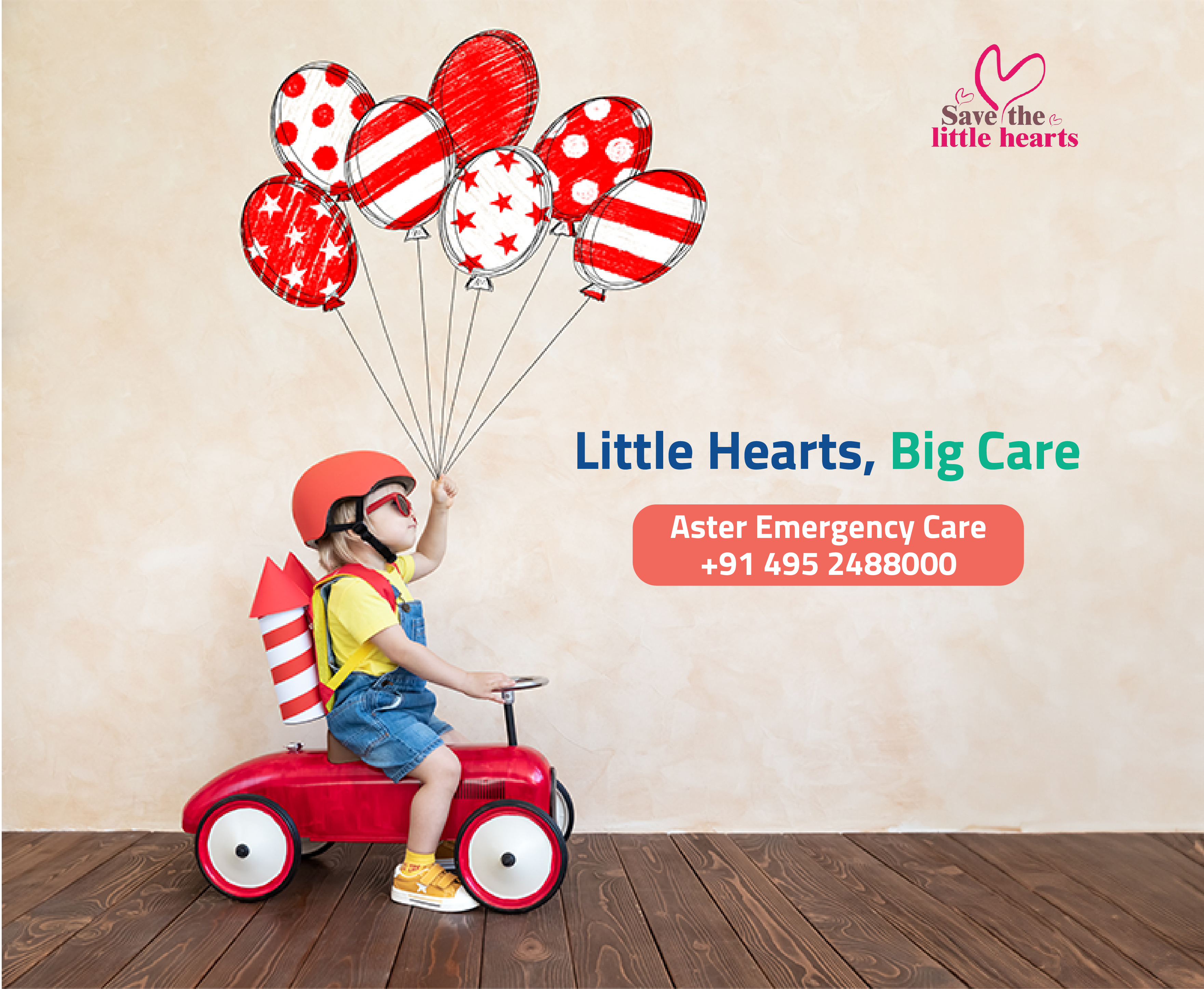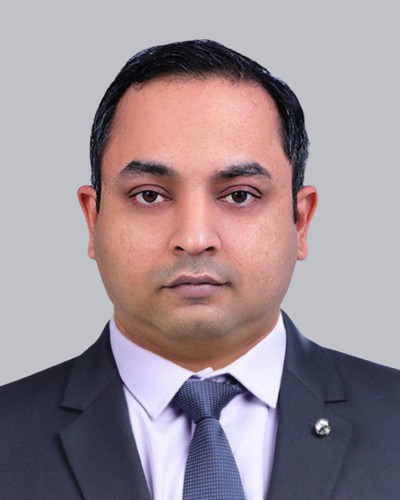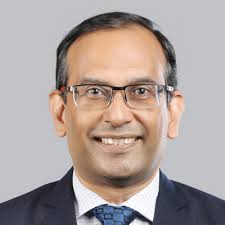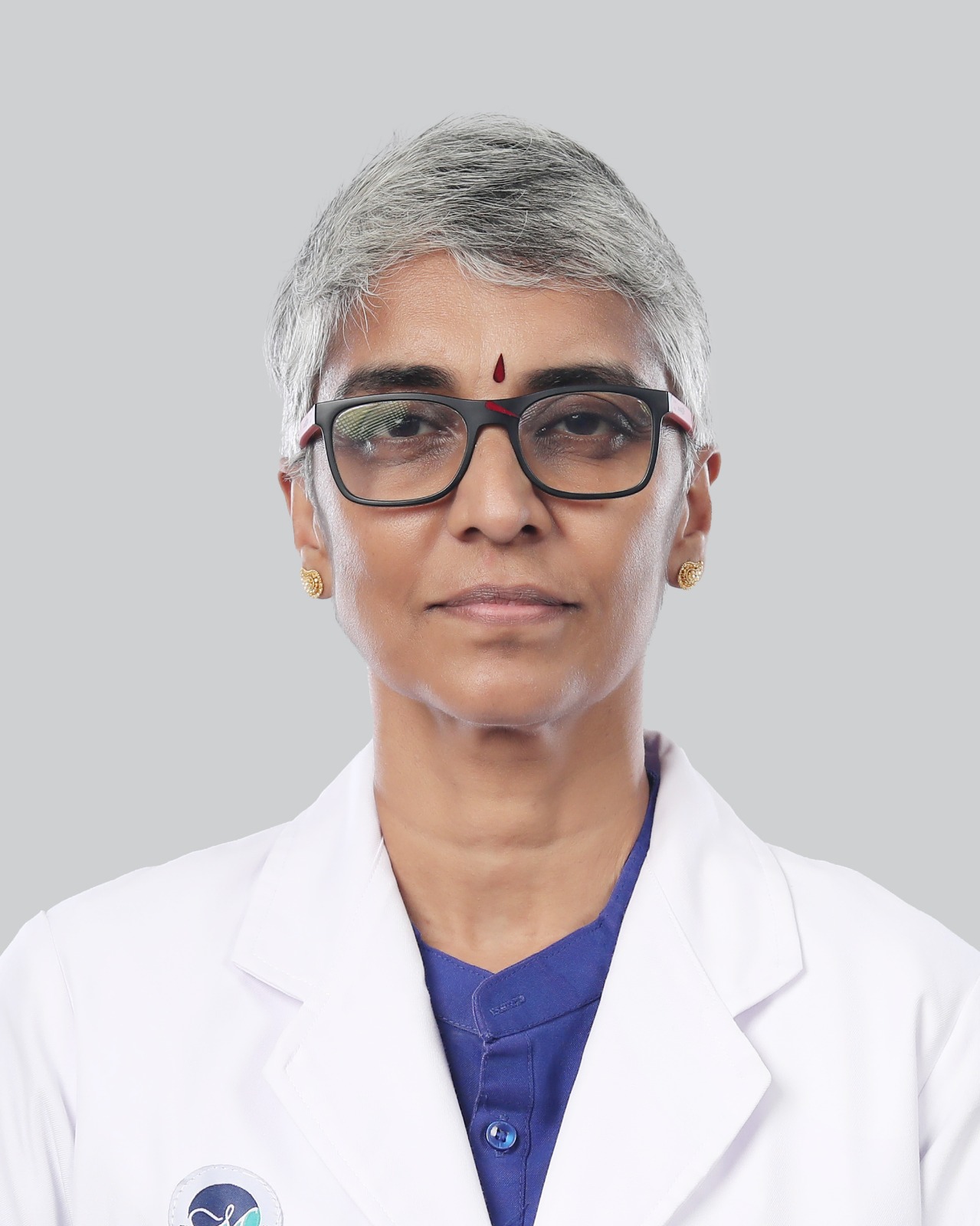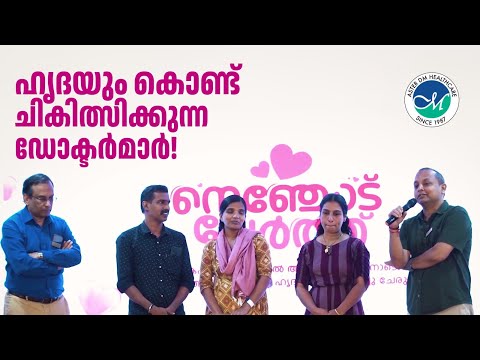At Aster MIMS Calicut, we are proud to be recognized as one of the best hospitals in Calicut for pediatric cardiac care, offering advanced and life-saving treatments for children with heart conditions. Our Pediatric Cardiac Surgery Department is dedicated to providing world-class surgical care for infants, children, and adolescents with congenital and acquired heart diseases, ensuring they receive the best possible outcomes.
Comprehensive Pediatric Cardiac Surgical Services
We specialize in a wide range of pediatric cardiac surgeries, including both congenital heart defects and acquired heart conditions. Our department is equipped with state-of-the-art technology and staffed by experienced pediatric cardiac surgeons, ensuring that children receive cutting-edge, minimally invasive procedures when possible, or more complex surgeries when needed.
Services
Patent ductus arteriosus (PDA) ligation
Fallot’s tetralogy repair
Total anomalous pulmonary venous return (TAPVR) correction
Truncus arteriosus repair
Neonatal Heart Surgery
BD Glenn Shunt
Coaractation Repair
ASD and VSD Closure
Intra-cardiac Repairs
Arterial Switch Operation
Double Switch Operation
Rastelli Operation
Senning Procedure
Valve Repairs and Replacements
ROSS procedure
Extra Cardiac Fontan
Intra-operative Stenting
Minimally Invasive Heart Surgery
Pacemakers
Extra Corporeal Membrane Oxygenation (ECMO)
Norwood Procedure (Stage – 1)
BT- Shunt
Our Doctors
We have some of the best specialists from around the world, they bring years of experience and offer evidence-based treatment to ensure the best care for you.
Advanced Technology & Facilities
Well equipped with the latest medical equipment, modern technology & infrastructure, Aster Hospital is one of the best hospitals in India.
Dedicated modern operating theatres.
Dedicated digital catheterization lab with ECHO Navigation
Electrophysiology lab-3D mapping, RF ablation.
Echocardiography lab – 2D and 3D ECHO, Trans-esophageal ECHO.
Advanced Fetal Heart Unit
Adult Congenital Heart Disease Unit
Pulmonary Artery Hypertension clinic
BMU 40-blood monitoring unit, to enhance safety of complex surgeries during cardiopulmonary bypass (second installation in India).
NIRS- Near Infra-Red Spectroscopy for advanced intraoperative brain monitoring to provide superior neurological outcomes in complex surgeries.
ICE (Intra cardiac echocardiography)
Exclusive pediatric cardiac ICU
ECMO
Cardiac CT and MRI
Patient Stories
Our patients are our best advocates, hear the inspiring stories of their treatment journey

